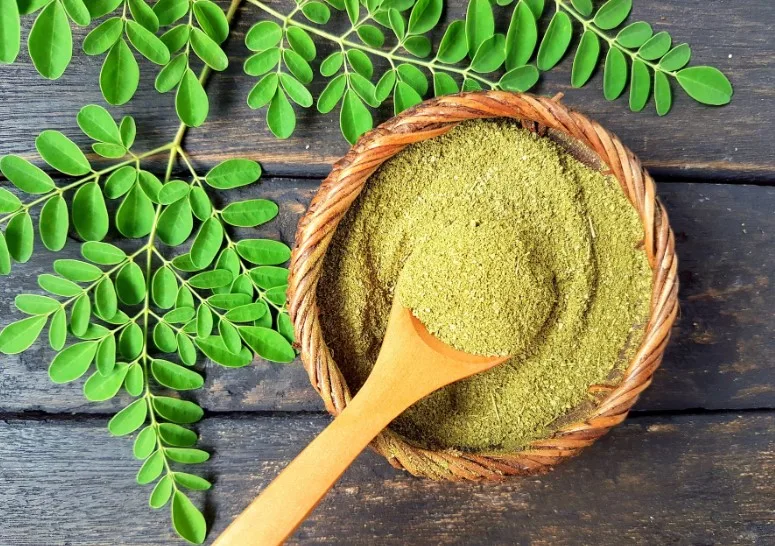Over the decades, people have sought out ways to preserve their precious cognitive functions. Cinnamon has emerged as an interesting option for brain function. So in the following article, we will be discussing:
- What cinnamon is, and where does it come from?
- How can cinnamon affect the brain?
- Whether or not cinnamon can improve memory
- The potential brain benefits of cinnamon
- The research that is available on how cinnamon affects the brain
- Some supplements may be able to help with cognitive function.
- How best to choose supplements and whether or not they are viable for preserving the memory.
An Overview Of Cinnamon’s Effects On The Brain
Cognitive impairment is a significant issue in the United States. Subjected cognitive decline is observed in 11.7% of the population over the age of 65 in the United States. More or less, that means that 1 in every 10 adults over the age of 65 can expect some cognitive decline. For many people, this means losing memory faculties.
So it seems that in 2022, everyone is asking about tips to improve memory. While there has been much study into the subject of cognitive decline, few viable treatments have emerged.
Sever cognitive diseases like Alzheimer’s disease continue to ravage the population and cause extensive physical and emotional damage. However, there is emerging research that points to a humble spice that may be able to preserve memory and cognitive function.
Of course, we are talking about cinnamon. But what do you think is cinnamon exactly? Cinnamon is a spice that is made from the bark of a tree that grows indigenous to Southeast Asia. Even if you have never heard of it before, you have likely consumed it more than once.
It is a popular spice in pastries and sweet snacks, but it is used in a wide variety of recipes and cuisines all over the world. It is one of the reasons why it has emerged as a candidate for improved cognitive function: it is widely available and can be used in a variety of ways.
But what does the research say? Unfortunately, there is a lack of human testing as to what effects cinnamon has on the human brain. However, there have been some animal studies that show a lot of promise. At least in animals, cinnamon seems to be able to do what even the top rated memory pills cannot.
For instance, there was one landmark study involving rats that displayed the potential of cinnamon as a protector of cognitive functions. The study showed that giving the rats cinnamon protected them from cognitive impairment.
It is suspected that the way cinnamon may protect the brain from cognitive impairment by inhibiting many of the types of inflammation that have been observed in the brains of people with Alzheimer’s disease, dementia, and other severe cognitive problems.
The same study also purported that cinnamon may protect against brain damage by preventing oxidative stress on the brain. From this and other similar animal studies, there are a few conclusions that may be drawn:
- That cinnamon may be able to protect from memory loss
- That cinnamon may be able to improve immediate cognitive functions like attention, cognitive processing, and improved memory.
- That cinnamon may be able to prevent the onset of insidious cognitive diseases like Alzheimer’s and dementia
Cinnamon contains active compounds like coumarins and tannins, which have exhibited the ability to bass the blood-brain barrier and have a positive effect on the brain, such as lessened oxidative stress and inflammation.
However, it should be noted that human testing is lacking at this point. While cinnamon may seem like one of the best tips to improve memory. So, it should be noted that it is still largely unknown exactly how it affects the human brain.
7 Ways That Cinnamon Can Benefit The Brain And Memory
If you have tried the top rated memory pills and none of them seem to work, you may be wondering what cinnamon may be able to do for your brain and your memory. So let’s take a look at 7 potential benefits that cinnamon can have on your brain and your memory:
- Controlled Appetite – Cinnamon appears to target a chemical in the brain that signals glucose and cholesterol synthesis. So it is possible that cinnamon may help curb your unhealthy food cravings. There is a mild link between obesity and cognitive function, so a controlled appetite could lead to weight loss. It might help your brain function at a healthy level.
- Improved Short-Term Memory – A small human study showed a link between the scent of cinnamon and improved memory task completion. In this sense, cinnamon may be able to keep you more sharply focused and improve your immediate memory as it applies to completing tasks.
- Prevent Cognitive Impairment – In animal studies, it was shown that cinnamon might help prevents oxidative stress in the brain, which is thought to be one of the leading causes of cognitive impairment in the elderly.
- Potent Antioxidant Protection – Cinnamon is a rich natural source of manganese. Manganese is a potent antioxidant that is important to many cognitive processes.
- It May Protect Dopamine Production – Dopamine is an important neurotransmitter that affects mood, outlook, and even sleeping patterns. Low dopamine levels have been associated with depression, and long-term anxiety and depression have been linked to cognitive impairment.
- It May Improve Symptoms of Parkinson’s Disease – Another animal study suggests that cinnamon could also help improve the motor functions of patients with Parkinson’s disease.
- It May Prevent Dementia – So far, there have been models for animal studies on cinnamon that may provide a decent amount of evidence to suggest that it may be effective in preventing the onset of dementia.
A Word On Nootropic Supplements
A nootropic supplement is any kind of supplement that is intended to affect the brain. Some may be helpful, while some may be totally unfounded. To help you decide which may work, try reading some Dynamic Brain reviews along with reviews of other nootropic supplements.
Look for quality, all-natural ingredients, and make sure that you talk to your doctor or specialist before taking any nootropic supplement. Reading Dynamic Brain reviews is a good place to start. Just keep in mind that your doctor’s input should always be the last word as to what you should take and what you shouldn’t.
Conclusion
Your brain and your memory are too important to leave to chance. While it seems apparent that cinnamon may be helpful for cognition, researchers, scientists, and doctors agree that the best way to guard against cognitive decline is to live a healthy lifestyle.
That means drinking plenty of water, eating plenty of fruits and veggies, avoiding unhealthy foods, avoiding excessive drug and alcohol intake, getting plenty of physical exercise, and keeping your brain active as you age. Cinnamon may be able to help memory, but it’s clear that it isn’t the only piece of the puzzle. Therefore, you can do your own research and consult your doctor first.
References:
https://www.alzdiscovery.org/cognitive-vitality/ratings/cinnamon
https://www.cdc.gov/aging/aginginfo/subjective-cognitive-decline-brief.html
Author Bio:
Sophia Anthony is a freelance writer and blogger, covering health and fitness topics through visual representation. She is very passionate about general health and beauty. Apart from work she likes dancing and listening to music. You can also contact her on Facebook, and Instagram.





